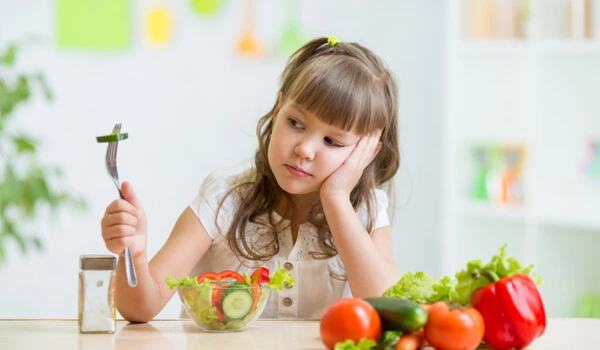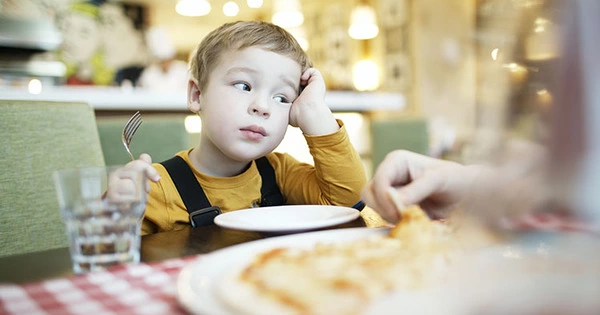When youngsters are bored, it is not uncommon for them to eat more. Boredom can lead to mindless nibbling or overeating, and this is a behavior that is not confined to children; adults can also exhibit this inclination. Aston University researchers discovered that toddlers as young as four years old consume 79% more calories when bored than when they are in a neutral state.
Despite the fact that boredom is a prevalent emotion among children, no experimental studies have been conducted to determine how much more youngsters consume while bored. According to the study, children who were bored ate 95 kcal when they were already full, whereas youngsters in a neutral mood ate only 59 kcal. Dr Rebecca Stone led the groundbreaking research as part of her PhD, which was overseen by Aston University’s Professor Claire Farrow and Professor Jackie Blissett, as well as Loughborough University’s Professor Emma Haycraft.
Children’s eating habits are influenced by heredity, temperament, and a variety of other factors, including the feeding techniques they are exposed to. The authors have previously investigated the behaviors that make youngsters more prone to eat while they are experiencing negative emotions. Adults frequently utilize food to comfort children who are experiencing negative feelings such as boredom or sadness. However, emotional feeding appears to increase the risk of toddlers eating more when they are angry, thus instructing youngsters to seek food when their mood is poor.
If children are eating this many more calories during one instance of boredom induced in a laboratory, given that boredom is a commonly experienced emotion in children, the potential for excess calorie intake in response to being bored across one day, one week, or one year, is potentially very significant in a food abundant environment.
Dr Rebecca Stone
The researchers asked parents about their child’s feeding routines and temperament as part of the study. Children and parents were served a basic meal, which they consumed until they were satisfied. The youngsters were then put through a variety of ordinary situations in which their mood was rated, one of which was dull for them. The researchers discovered that when parents reported frequently utilizing food to comfort their child’s emotions and their child was highly emotional, their children ate five times more kilocalories when bored (104 kcal) than when in a neutral mood (21 kcal).
Dr Stone said: “If children are eating this many more calories during one instance of boredom induced in a laboratory (a four-minute period), given that boredom is a commonly experienced emotion in children, the potential for excess calorie intake in response to being bored across one day, one week, or one year, is potentially very significant in a food abundant environment.”
Previous research on what influences children’s eating behavior has relied on questionnaires, with all negative moods, including melancholy, anger, and anxiety, grouped together. Boredom is quickly identified and, in most cases, easily remedied, therefore assisting parents in dealing with their children’s boredom without resorting to food could be a potentially beneficial means of lowering less nutritious snacking.

Dr. Stone emphasizes that boredom is crucial in the development of children’s sense of self and creativity, and she does not propose that youngsters avoid being bored. Instead, she suggests that children learn to deal with boredom without turning to food, and that parents can try to divert their child’s attention away from food when they are bored, or restructure the home food environment to make it less likely that children will turn to food when they are bored.
Professor Farrow said: “It is commonly assumed that children tend to turn to food when bored and that some children are more likely to do this than others. This is the first study to experimentally test this in the laboratory. Whilst there do appear to be individual differences between children in terms of their eating when bored, it is helpful to know that the feeding practices that adults use around food might shape the likelihood of this happening.
Although it may be tempting to use food to console children, evidence indicates that emotional feeding may lead to more emotional eating in the future. It is critical that parents and caregivers understand that this temporary remedy may result in future problems.”
The study team is interested in investigating various negative mood states in children, as well as offering advice and support for families to identify effective methods to address issues associated with child eating behavior.
















